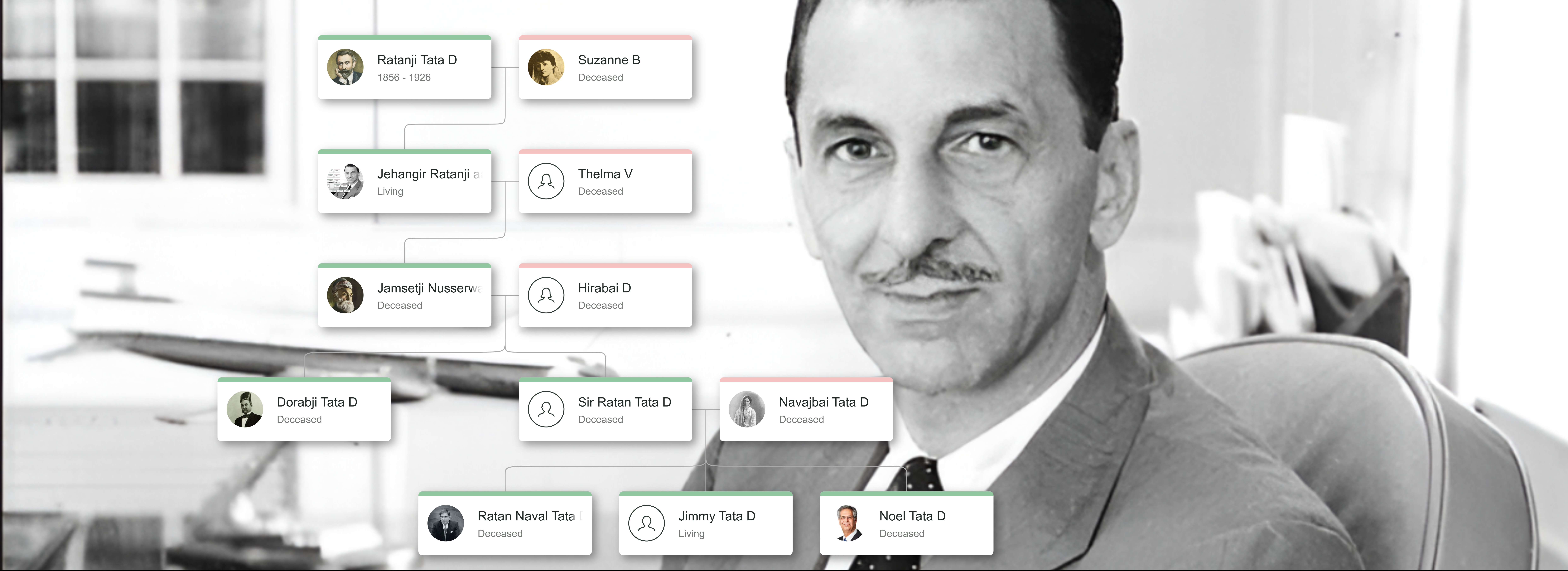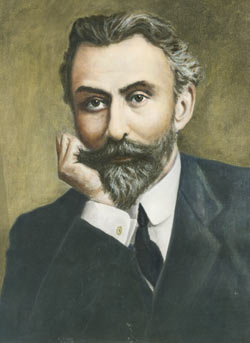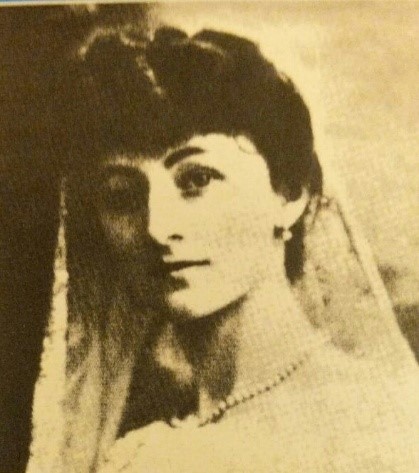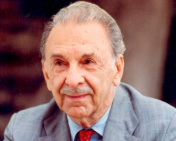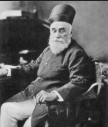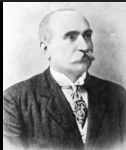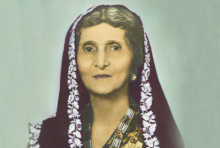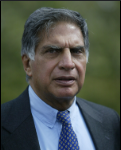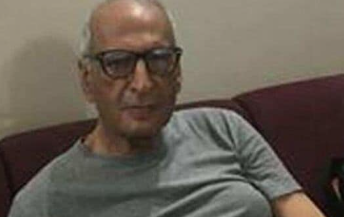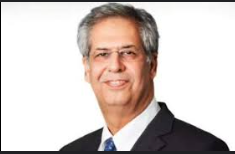Jehangir Ratanji Dadabhoy Tata
Jehangir Ratanji Dadabhoy Tata (J. R. D. Tata, 29 July 1904 – 29 November 1993) was a renowned Indian industrialist, philanthropist, and pioneering aviator who led the Tata Group to become India’s largest and most respected business conglomerate. Born in Paris to Ratanji Dadabhoy Tata and Suzanne Brière, he spent his early years in France, making French his first language, and developed a global outlook from a young age. His childhood was split between Europe and India, and early exposure to aviation from his neighbor, the famous aviator Louis Blériot, sparked a lifelong passion for flying.
J. R. D. Tata’s education was based in some of Europe’s best schools, and after a year’s service in the French Army, he returned to India in 1925 to join the Tata family business. Upon his father’s death shortly thereafter, he became a director of Tata Sons. In 1929, he renounced French citizenship to become an Indian national, and that same year, he became India’s first licensed pilot, earning the distinction of “Father of Indian Civil Aviation”. In 1932, he launched Tata Air Mail (which became Tata Airlines), pioneering both India’s commercial aviation sector and its first airline, later known as Air India. He personally piloted the first commercial mail flight in India in October 1932.
At just 34, J. R. D. was appointed chairman of Tata Sons in 1938, a role he held for half a century. Under his stewardship, the Tata Group expanded from 14 companies to nearly 100, diversifying into major industries such as steel, power, chemicals, hotels, automobiles, and information technology. He founded landmark Tata enterprises including Tata Motors, Tata Consultancy Services, Voltas, and Titan. J. R. D. was well known for his ethical business leadership, steadfastly refusing to compromise integrity, and was regarded as a model of progressive, compassionate, and principled Indian enterprise.
In addition to his industrial legacy, he was influential in Indian philanthropy and institution-building. He guided the creation of the Tata Institute of Social Sciences (1936), Tata Institute of Fundamental Research (1945), Tata Memorial Centre for Cancer (1941), and the National Centre for the Performing Arts, marking him as a major contributor to India’s scientific and social foundations.
He was widely honored, receiving the Padma Vibhushan in 1955, the Bharat Ratna (India’s highest civilian honor) in 1992, and the French Legion of Honour in 1982, recognizing both his industrial and humanitarian contributions. J. R. D. Tata passed away in Geneva in 1993, leaving behind a transformed Indian industry and a reputation for visionary, ethical leadership.
